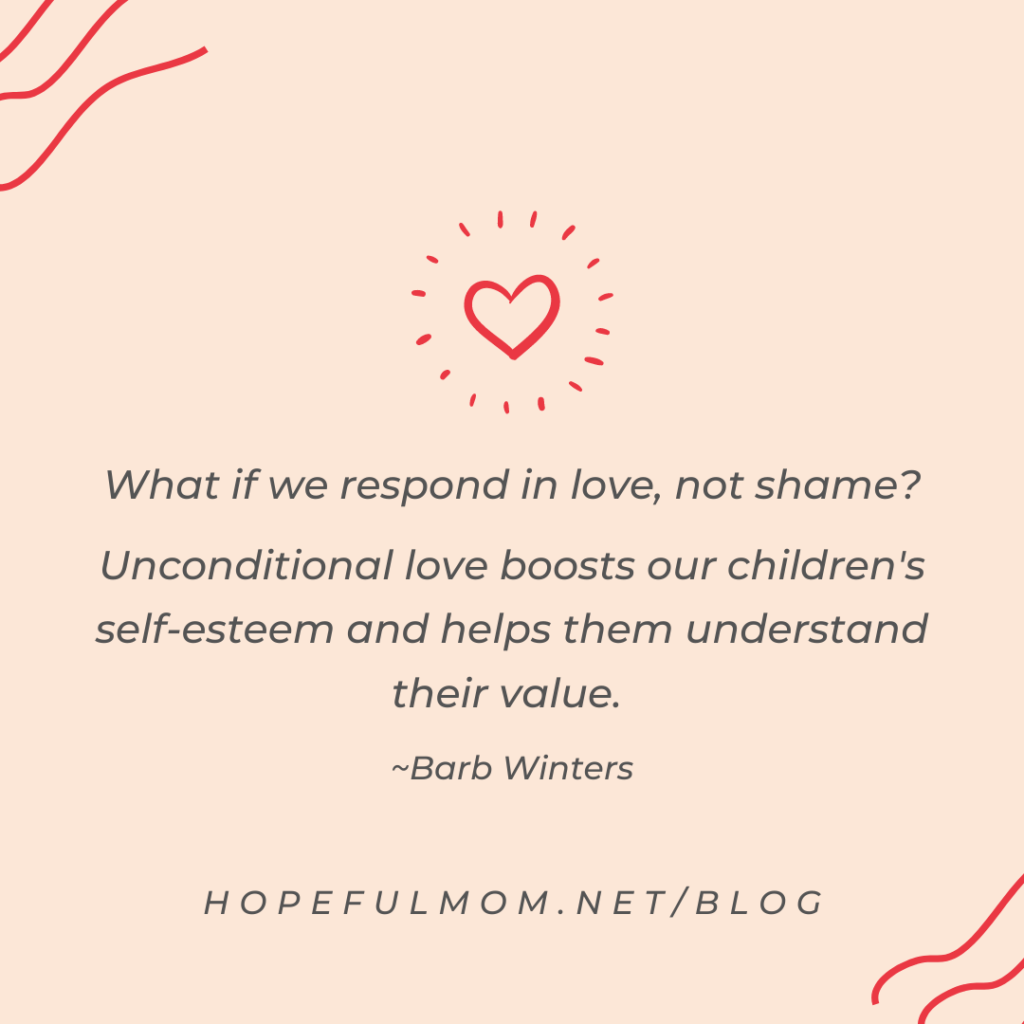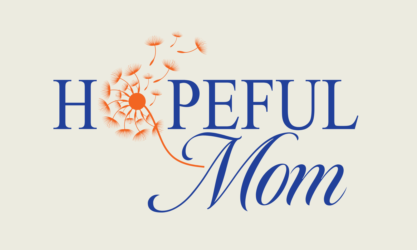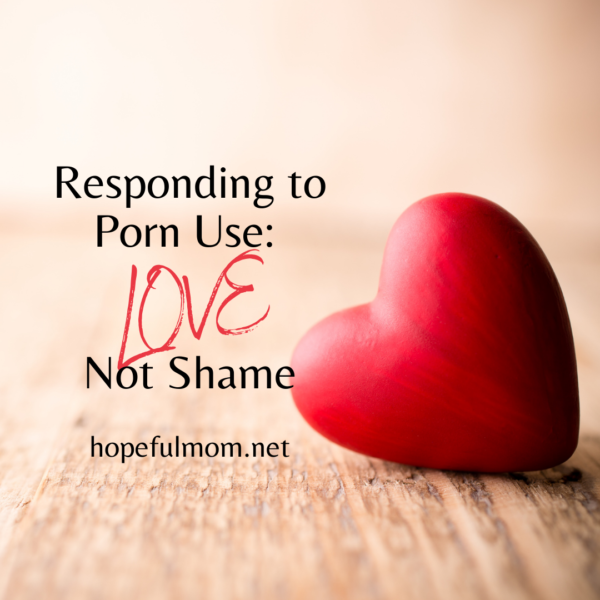I grew up thinking people who watched pornography were shady characters. They were the ones slipping in the back door of the video store—the creepy people who couldn’t control their urges. I’m not sure where these thoughts came from, but I’m not alone. The culture is changing, but until a few years ago this picture was a good representation of how most of society saw the use of pornography, especially those who watched alone.
This stigma contributes to our regretful feedback as parents when we learn of our child’s relationship with pornography.
I hear from parents regularly in regard to how they responded, or reacted, when they found out their child was watching porn. Some realize their children stumbled across it accidentally. They are panicky and want to ensure it doesn’t happen again. Then there are parents who are sad, distraught, hurt, and angry. Their interactions with their children range from doing nothing to taking their phones to spanking and yelling. Some respond calmly, but some allow their emotions to take over and react negatively.
I’m not pointing fingers. My response was all over the place—yelling, crying, questioning, apologizing—within an hour of my son telling us he had been watching pornography. I get it. It’s a shock, and we want to fix it—fast.
But I want to investigate how our children feel, so we can come alongside them better. When we put ourselves in their shoes, see from their perspective, we are able to empathize and respond in a more helpful manner.
People who watch pornography typically experience guilt and shame. No matter how they entered the world of watching porn, be it by accident, a friend showing them, or out of curiosity, if they are stuck in the cycle of indulging and trying to quit, they don’t need someone telling them (or implying) they are a bad person. They don’t need a parent wondering what is wrong with them and questioning why they can’t just stop. I know we don’t intend to demean our children. But when we see them as those shady characters and think to ourselves, I don’t get it. Why is this appealing? our children sense it. And the guilt and shame compile.
Shame feeds into their belief that they are unworthy and unlovable. They don’t want to admit their faults and insecurities to us because they don’t want us to see them as failures.
Shame feeds into our children's belief that they are unworthy and unlovable. Love builds them up. Responding to Porn Use: #lovenotshame #hopefulmom #difficultconversations Share on XOur kids need us to view them as potential victors—to believe they can overcome their problems. They need us to love them unconditionally through their ups and downs.

What if we respond in love, not shame? We could bolster their self-esteem.
Let’s help our children visualize themselves in a better light. Remember they are humans doing their best to function in an imperfect world. Just like us, they stumble and make unhealthy choices at times. Let’s come alongside them, relate to them, and remind them they are valuable and have worth.
Tell your child you love them unconditionally and will be there to walk them through the healing process.
One more thing: You, too, parent, are valuable and have worth. You have not failed. You do not need to be ashamed. You care about your child. I know you do. Otherwise, you wouldn’t be reading this post. Walk in the knowledge that even if you have stumbled, you can get back up. Even if your child is experiencing pain and heartache, he/she can still heal. And you can help. I know you can.
Thanks for reading! If this post has inspired you or assisted you in any way, please share it with your friends. Word of mouth is the best way to help others. Subscribe for updates to get your FREE downloadable PDF: 7 Steps After Your Child Sees Porn.
About the author
Barb Winters is the author of Sexpectations: Helping the Next Generation Navigate Healthy Relationships and founder of Hopeful Mom. She’s a certified mental health coach and offers one-on-one consultations for parents. For more about Barb, click "About" in the menu.




9 Replies to “Responding to Porn Use: Love, Not Shame”